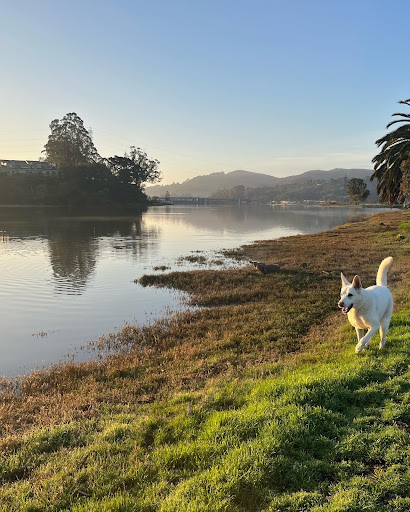This dynamic mud of our lives and our bodies can overwhelm the critic or controller in us: awaken in her the terror of swimming inside the still inchoate, the I-don’t-quite-know-yet-what-I’m-doing waters of being, becoming, wondering. But it’s also the source of what roots us to ourselves, connects us to each other, and welcomes us to stand in our full, authentic beauty.
In his lecture “The Coincidence of Opposites,”Alan Watts reminds us of the inextricability of opposites; how the binaries that organize concepts (flower and mud, pretty and ugly, clean and dirty, light and dark, sound and silence, good and bad, life and death, being and non-being, front and back) collapse under honest examination. He notes that each side of an opposite is certainly different, but insists that these diverse sides of our reality are at the same time one. He reflects, “One has to fundamentally get used to the notion that different things can be inseparable; that what is explicitly two can at the same time be implicitly one.” There is no front without back, light without dark, sound without silence. The mud and flowers of our lives are different, but they are also interdependent; they cannot exist without the other.
Take the lotus flower. In the wild, the lotus pushes its way through the darkness of heavy mud, rising toward the sun’s light. When the lotus emerges, its first petals open. The lotus has been metaphorically crowned as the beautiful survivor. The mud through which it rises has come to represent obstacle, hardship, and suffering. But why is it that mud is saturated with only negative narratives? Yes, mud can overwhelm and bury. But isn’t mud also the stuff of play? Of face paint, and slipping and sliding, of castles and mud cakes; the place of birth, regeneration and growth? The other night, my partner said, “Name one thing that doesn’t come from dirt . . .you can’t!” True, the lotus pushes through and against mud, despite mud. But the simultaneous truth is, it also came from mud. Mud is the medium and foundation of everything. Flaura, fauna, and landscapes everywhere depend on mud, rich with nutrients, minerals, and microorganisms, to survive.
